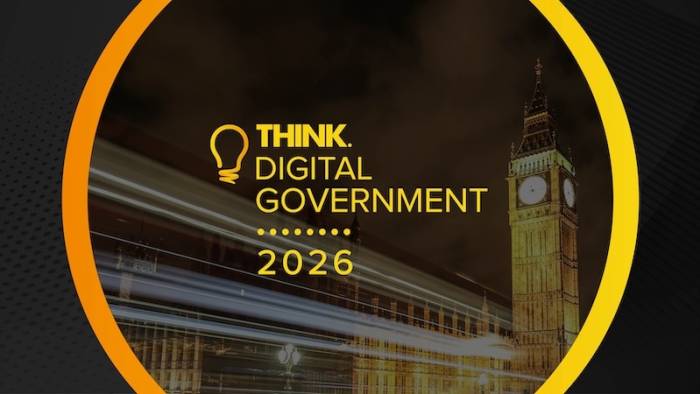The Tony Blair Institute (TBI) is calling on the government to expand the concept of Open Banking to other industries.

TBI wants to see three new Smart Data schemes: Open Finance, Open Energy, Open Property. It defines Smart Data as the “regulated, secure sharing of customer data or non-personalised data sets with authorised private-sector third parties.”
The move will, it said, potentially unlock £27 billion in economic value.
The call is backed by the Startup Coalition, a non-profit that campaigns for policies to support UK tech startups.
“Used by 11 million consumers and powering a fintech sector valued at £4 billion, Open Banking demonstrates how putting users in control of their data can create entirely new markets and opportunities. No less importantly, it has helped improve the experience of using digital-banking products, breaking down silos and giving people more choice,” said TBI.
“Our analysis shows that when Open Banking was announced in 2014, it sparked an explosion of startup activity and investment that far outpaced similar sectors. Before the announcement, energy startups were raising more funding than fintech firms. After 2014, fintech investment skyrocketed while other sectors remained flat. This wasn’t just market forces at work – it was the direct result of strategic government action to open up data flows,” it said.
TBI said with the Data (Use and Access) Bill set to become law in the spring of this year, the UK will soon have the power to create Open Banking-style data-sharing schemes in any sector. But the bill leaves it to policymakers to decide on and take specific steps for each industry.
If you liked this content…
The organisation said building on the success of Open Banking, Open Finance would expand data-sharing to savings, investments, mortgages and pensions. “This would enhance financial inclusion and transparency, and spur another wave of fintech innovation,” it said.
Secondly, Open Energy “would unlock smart-meter and energy-usage data to support net-zero goals while reducing costs for households.”
It said: “With smart meters now in 60 percent of all UK households, a strong foundation exists for services that could help people optimise their energy use and access green-energy products. Smart Data is critical to making full use of this treasure trove of information.”
Additionally, it said Open Property would “transform the antiquated house-buying process.”
It said: “The large number of transactions that fall through costs potential buyers £260 million, and estate agents and conveyancers £1 billion, a year. Smart Data could streamline this process while improving transparency and reducing fraud. Here, the concept of Smart Data schemes would extend to data held in the public sector, proving the value of operating across artificial data silos.”
TBI said this expansion could create £27 billion in economic value, more competitive markets, better services for consumers and a foundation for UK tech leadership.
“Smart Data is a great example of how commercial opportunity and the public good align and reinforce each other. Smart Data schemes can simultaneously drive growth, improve services and give people more control over their information.”











